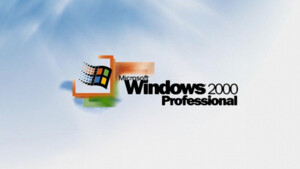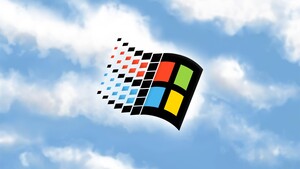Compatibility issues and other limitations
Sadly, the various benefits of the x64 Vista versions are counterbalanced by a number of limitations, the most important of which are compatibility issues. 16-bit applications are not supported, which is less problematic than it was a few years ago, but still an issue for some applications that use legacy application installers. 32-bit device drivers are not supported, so you can't use any of the existing hardware drivers out there, but must instead use the subset of x64-based drivers out there. This situation will improve over time, but x64 Vista users are going to be orphaning hardware. You'll also need to bring along a hardware compatibility list when shopping for new peripherals, shades of the bad old NT 4.0 days.
One of the key features of Windows Vista, automatic registry and file redirection--which, when combined with Microsoft's per-application and per-application-class "shimming," is responsible for most of this operating system's application compatibility capabilities--is not available on the x64 versions of Windows Vista. This is a major handicap and will presumably mean that many legacy applications simply will not run on the Windows Vista x64 versions. Too, new 64-bit applications will need to adhere to the new Windows Vista application standards in order to run correctly on these versions. That means that even some software written specifically for XP x64 might not work correctly.
Those hoping to upgrade should be aware of a few issues, too. 32-bit versions of XP can only be upgraded to 32-bit versions of Windows Vista. And Windows XP Professional x64 Edition can only be upgraded to 64-bit versions of Windows Vista (Business and above).
Finally, it's worth noting that while Microsoft is proudly trumpeting the fact that Vista's new modular architecture will allow corporations to rollout Vista to multiple desktop types using only a single Windows Imaging Format (WIM)-based installation image, the truth is a bit more complicated. Companies that plan to rollout both 32-bit and 64-bit Vista versions will need to maintain separate install images for both 32-bit and x64 Vista versions.




